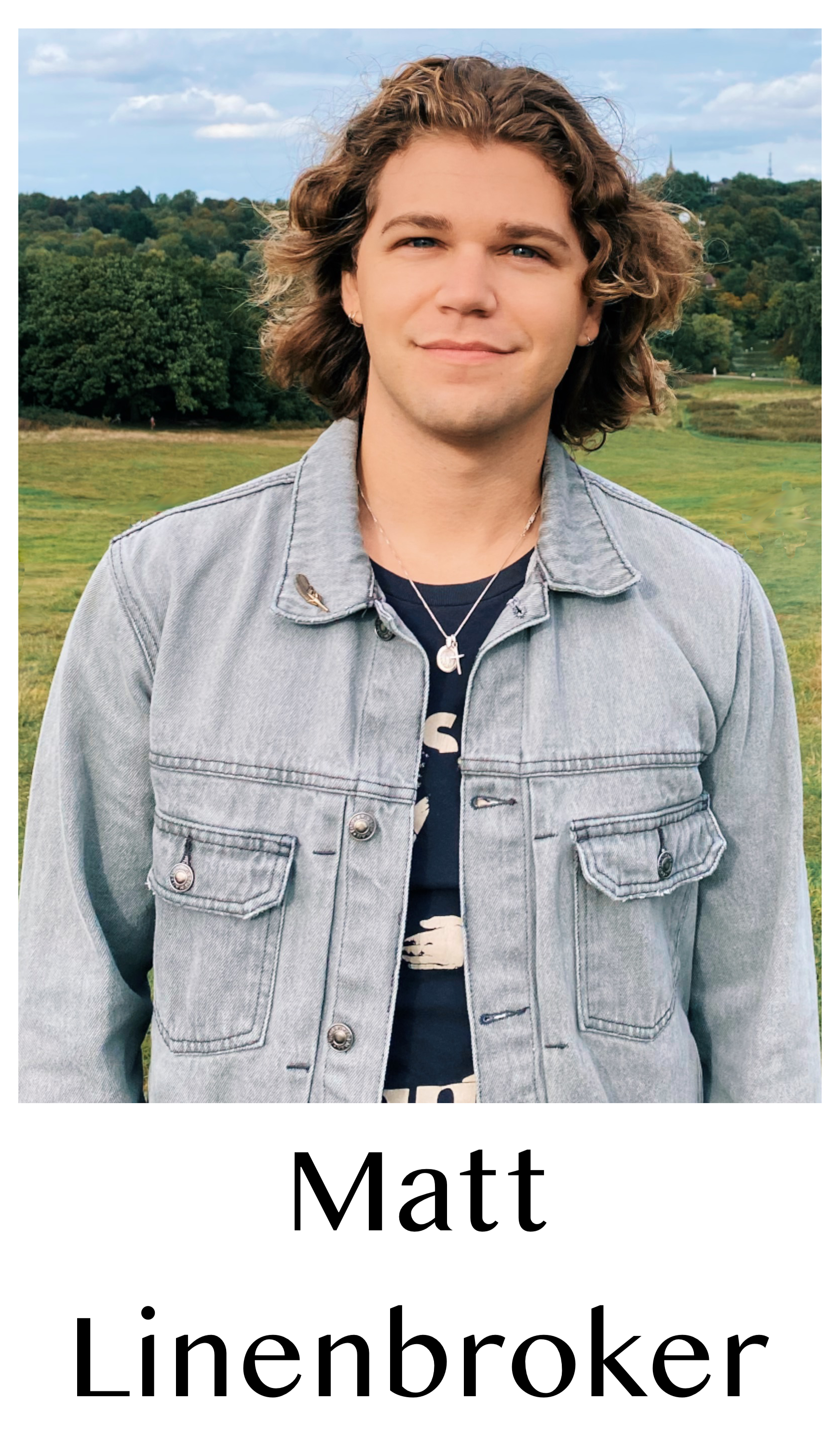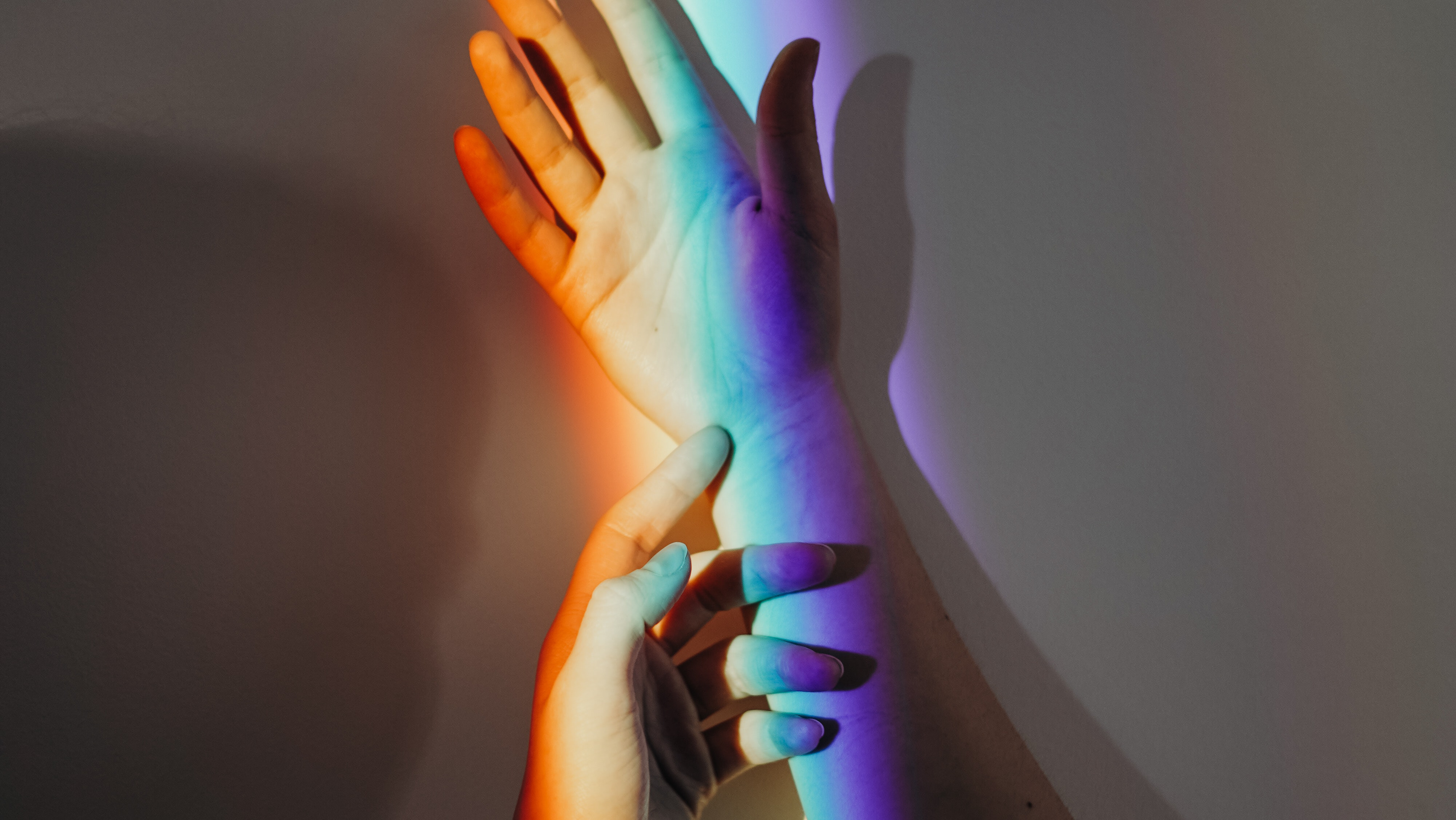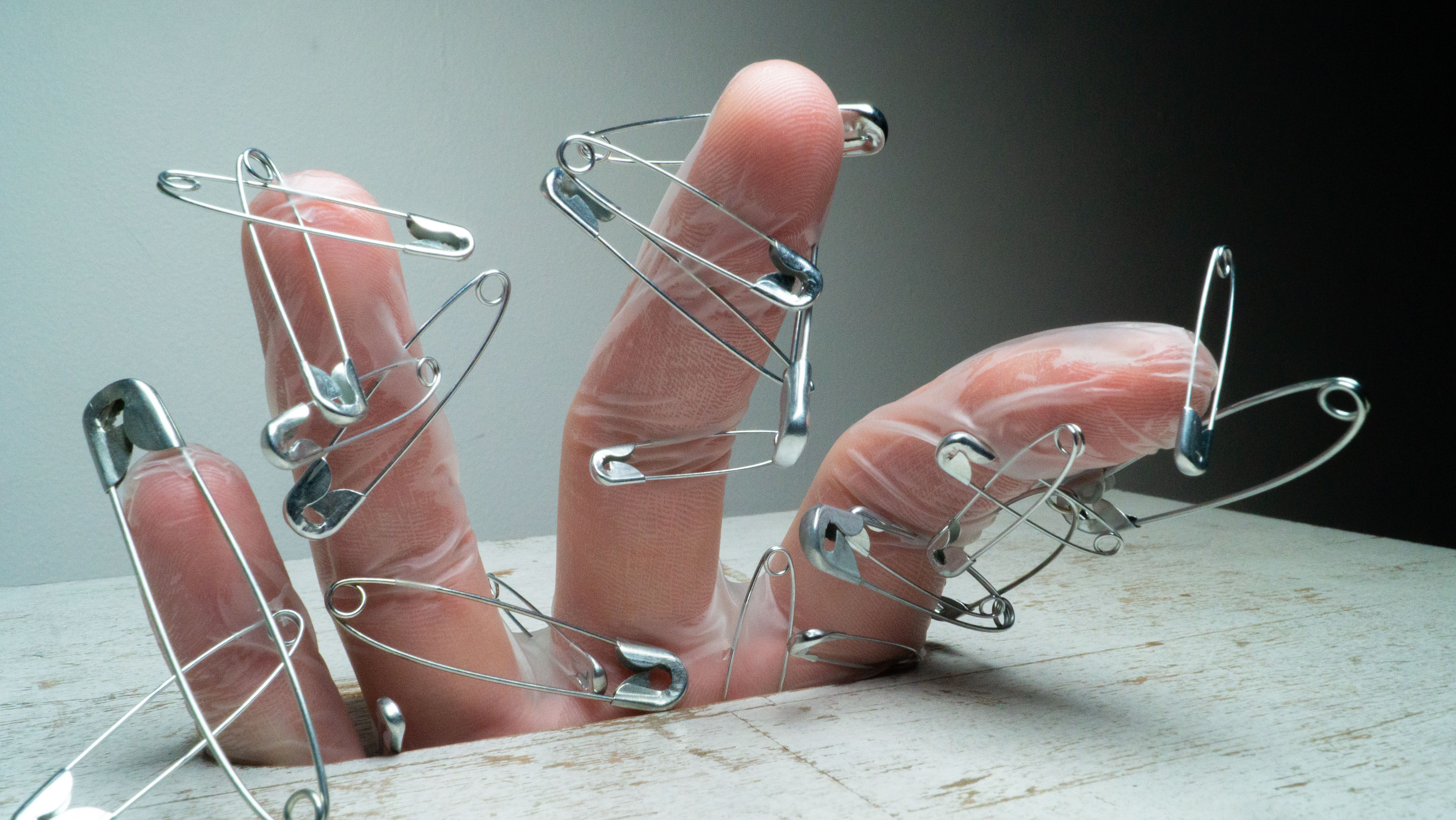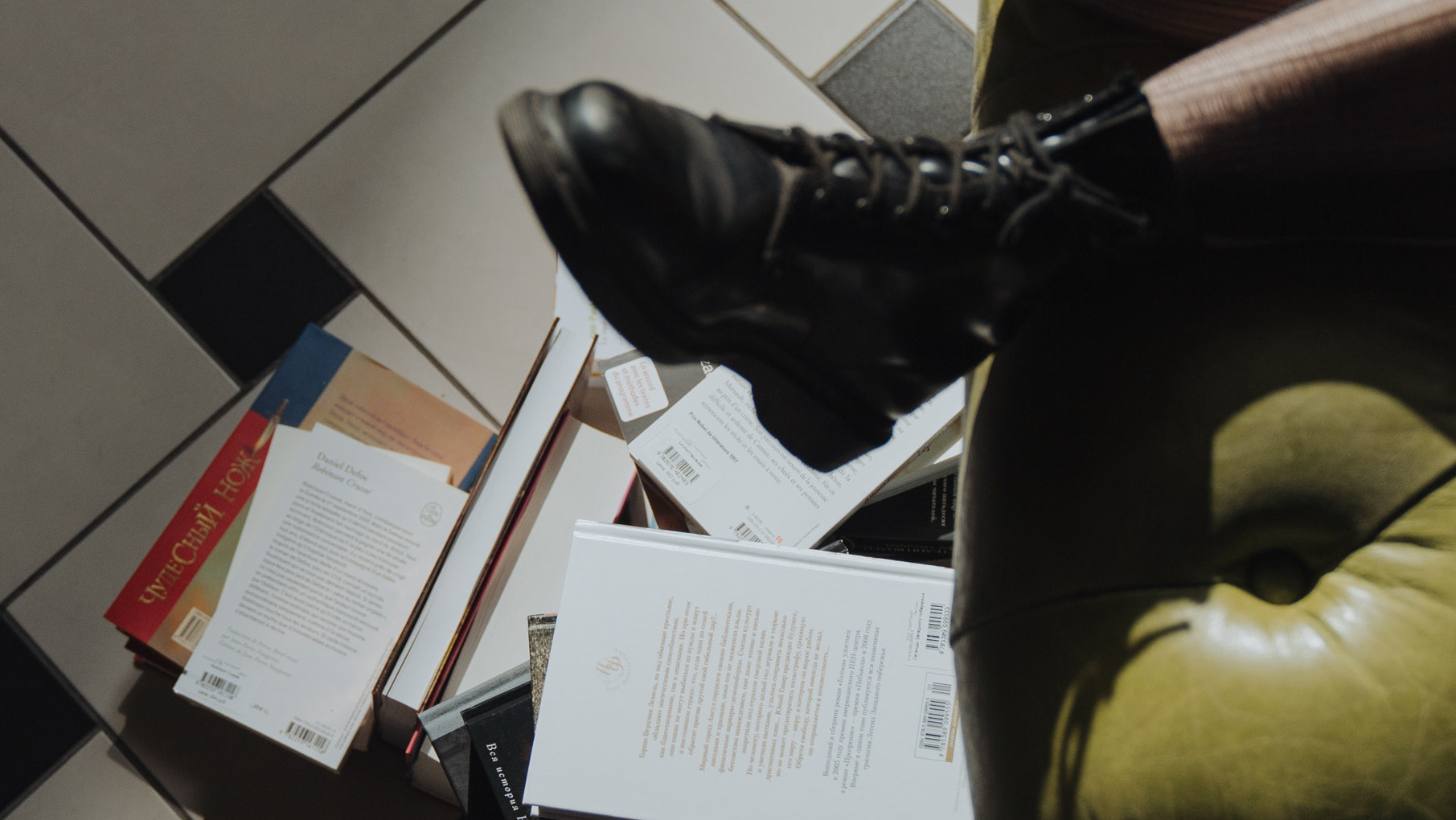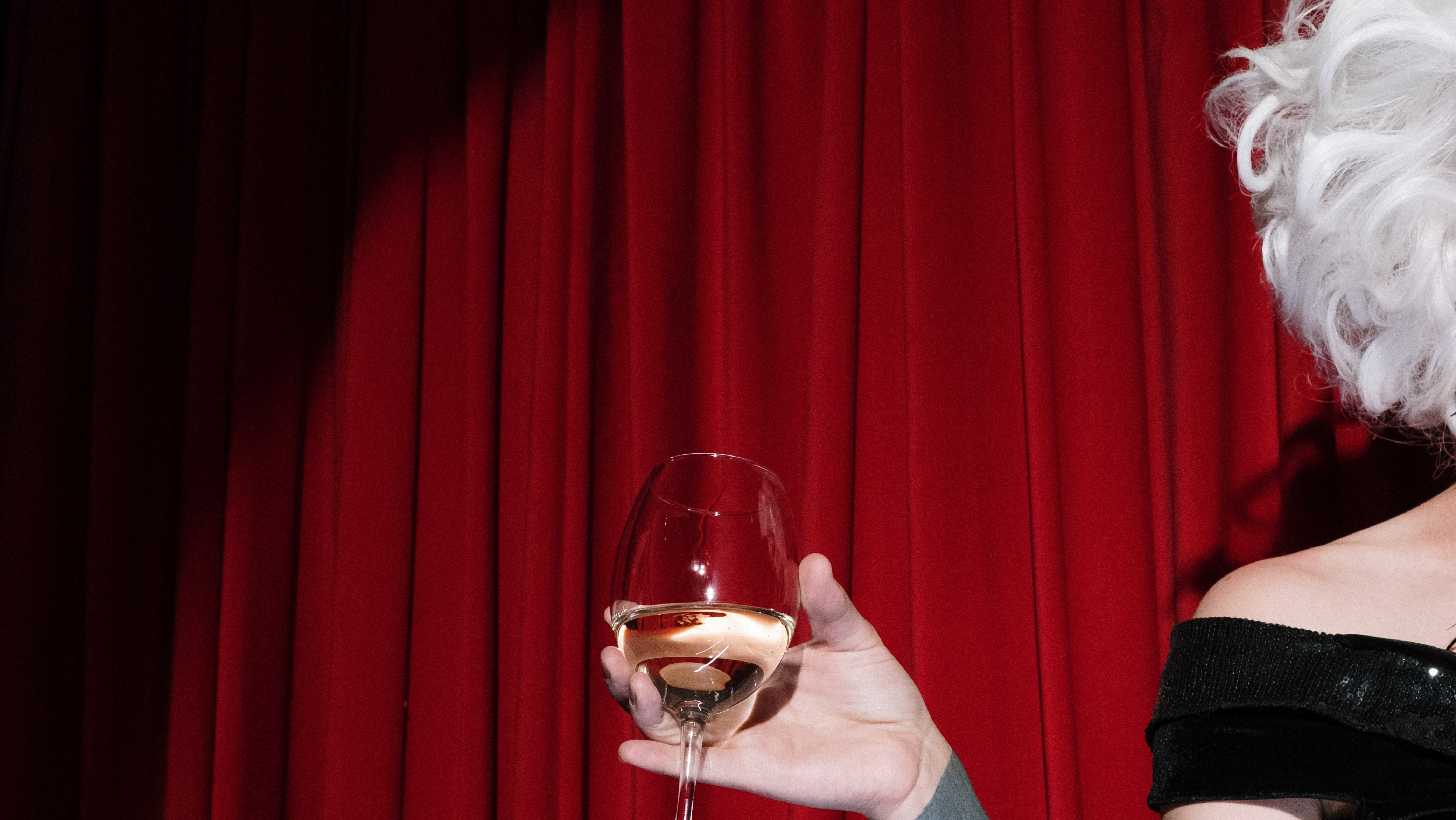An excerpt from the ongoing short story
During the worst of it, I would’ve happily fucked my way to the top. Luckily, I was never attractive enough for that to be a viable option. But if it had been, I would’ve taken it.
Before I left for New York, I jokingly told my mother that I knew for certain the Devil wasn’t real. “I would’ve already sold my soul,” I told her. “But he hasn’t offered to buy it.”
“That’s not funny, Jacob,” she replied. She’d done her best to instill Catholicism in me, but it never took. She didn’t care that I was gay, she just cared that I wasn’t gay for Jesus.
“Maybe the devil just doesn’t think your soul is worth very much,” said Colby, neatly placing books into a cardboard moving box.
“Oh, I have a top tier soul,” I bit back. “Satan would give me everything.”
“Sorry, guess you’re just stuck with me then.”
“Oh, you two are crazy,” Mom falsely chuckled the moment away—an attempt to dismiss asking herself whether or not I was serious. Colby carried a box of books out to the truck, mostly full of classic plays from our college classes. Antigone. Waiting for Godot. At least two copies of Angels in America each.
He didn’t want to move. Well, he didn’t mind moving—he just didn’t want to move for me.
“Indianapolis makes sense,” Colby had told me over and over again. “Our families are here. Our jobs are here.”
“Our jobs are everywhere,” I’d constantly reminded him. “We can both sit on Zoom meetings from wherever we want. And my job shouldn’t be here. You know that. You’ve always known that.”
I don’t know if he actually did. I also don’t know if it was actually true. Growing up in the midwest, people assume your dreams will just peter out. You’ll eventually realize what really matters.
I watched friends do it. I watched Colby do it. Sort of.
Framed side-by-side pictures of us hung in my mother’s foyer. In the first, we were seventeen. Our arms innocently draped around each other’s shoulders, still just friends, taken right after Colby’s performance in the vignette I had written for a high school theater showcase. Then, four years later, a shot of Colby and I sharing a post-show kiss after his last time on the stage, dressed in the quizzical overcoat of the Curator—the narrator of the play I’d written, Museum of Home.
It was a good play. It wasn’t good enough. It would never live outside of our senior year at IU.
Colby and I had chosen to play it smart, together. We both got dual degrees: theater, and communications. Colby could act. I could write scripts. He thought both of those skills were inherently interchangeable with a formal Communications degree. I thought communication classes sounded easy, and would allow me to fuck off and write most of the time. We were both right.
After college, Colby landed a job at a PR firm that represented a handful of big Indiana agriculture companies. I sold foreskin.
Seriously, that was my job. Selling the foreskin of a long dead child, over and over and over again.
I worked as a copywriter at a small advertising agency that mostly marketed pharmaceutical and healthcare problems. Even though I had no science background, Mom was a nurse–so I could adequately fake it. From 9am to 5pm every Monday through Friday, I wrote about surgical grafts made from the regenerative cells grown from foreskins, which doctors used to heal complex surgical wounds and ulcers.
I once described them as Baby Boner Bandaids. My boss did not like that.
But, I committed myself to hawking foreskin for the foreseeable future if it meant Colby and I could afford a shitty place on the outskirts of Brooklyn as we immersed ourselves into the art scene.
Colby loved his job, though he wouldn’t admit it. He loved having his big family around.
I loved writing at the shitty Irish pub two blocks down from our cookie-cutter new build apartment. I loved seeing my mother, but I also loved leaving the house I grew up in, that my father died in, that I could foresee myself trapped in, alone taking care of my mother for the rest of my life. Though she remained in good health, I knew whenever a turn took, everything would fall to me.
So I left, and made Colby come with me. I’d told him to give me just a few years, and if I couldn’t crack it, if I couldn’t make a good living off it, we’d come back.
He willingly took those odds.
Our Brooklyn apartment measured about 1/4th the square footage of our Indianapolis walkup. Each day, Colby worked from the couch, and I worked on the bed, and we hoped our zoom schedules complimented one anothers.
At night, we went out. We sat in the audience of shitty plays, two of maybe five or six attendees, just so I could introduce myself to everyone afterward–the cast, the writer, the guy who worked the theater. “I’m working on a new play of my own,” I told them. “Let me know if you ever want to grab a drink and write together,” I would tell screenwriters. Or, “Let me know if the space ever opens up and you need someone to fill it,” I would tell the theater guys. I would give out my Instagram like a business card. It all felt very Death of a Salesmen.
I thought maybe the more people I met, the more I could sniff around for rising talent—and grab onto the edge of their shooting star to bring my own a little bit higher.
I signed up for sketch writing classes at UCB, even though I hated sketch writing (but still knew how to do it better than every one of my classmates). I hoped one of the SNL-wannabe pricks would take an interest in something I wrote. Maybe someone had connections. Maybe, maybe, maybe.
And I found another shitty Irish pub I could write in. Colby would tag along, just to sit, just to be with me.
He loved me so much it hurt.
He reminded me of home.
And each day I resented that more and more.
Even walking along McGuinness into Williamsburg, the Brooklyn Queens Expressway raging in the distance, each time our hands accidentally grazed against one-anothers I flashbacked to Tyndall High, our fingers finding one-anothers under the guise of friendship.
His sweetness always started something in me, made me morbidly nostalgic for a past I’d dedicated myself to leaving behind.
Which meant I only really felt close and comforted by Colby when his temperament hardened. This occurred most frequently when other parts of him hardened too.
I came home from sketch-writing class on a disgustingly warm Tuesday evening, the kind where the heat seeped into the concrete, into the dumpsters, making the whole city waft with the aroma of torrid trash—sweltering meat and rotting fruit and discarded moldy cushions. Apropos to an evening spent discussing social media reach, the art of going viral on TikTok and Instagram and YouTube and whatever godforsaken app would determine our self-worth next.
On the walk home, I thought about J.D. Sallinger. He lived his life as a recluse. He let his writing speak for him. He connected with millions from the comfort (and fear) of his New York hideaway.
And I had to whore myself out online just to get my work read. I would’ve rather whored myself out properly. It felt easier, safer, more productive than filming TikTok trends. I couldn’t do it. I couldn’t. My characters spoke, why did I have to?”
I pushed the door to our shoebox open, creaking as if I were splitting it with an ax. Colby lay in bed, lounging but awake, scrolling on their phone. The corners of his mouth immediately contorted into a smile as he saw me, foreign to my own feelings. Before he could speak, I dropped my bag and threw myself not onto the bed, but onto them, my face smacking against the sticky skin of their peach-fuzzed breast bone.
They let out a guttural exhalation, then a curious whisper, “Hi you.”
I wanted my brain to seep out of my ears, to never use it again.
“How was—” they started to ask, but I placed my thumb against their lips to stop them, then let it slide between their teeth. As they nibbled at it, their eyes narrowed in excitement. I moved my own lips onto their cheekbones, and traced the path down to their rigid jaw.
I glided my tongue down along their neck, knowing it would activate the side of them I needed now. As usual, I was correct—they grabbed my shoulders and flipped me around, pinning me to the mattress as he nestled his face into my chest, the small dip between my flattened pectoral muscles. Colby dated a string of girls before me, and in their more dominant moments I thought of how he must have been with these women. Was he gentle and overly-sensitive, careful not to break them, or equally as domineering? Strangely, both possibilities aroused me.
My hands found the nape of their lower back as he unbuttoned my shirt, now-sweaty from my walk through the city. I unbuttoned his shorts in turn, stopping them from forming a foreign barrier between their waist and mine.
“Wait,” I whispered, wiggling out from under them. They flipped onto their back, and, kneeling on the bed, I threw my shirt off as they simultaneously, un-elegantly ripped my pants down. I jumped on top of them, not hesitating in finding my mark, and took him fully into my mouth with a gusto that surprised him—a baited, breathy exhalation of pleasure that rewarded me almost as much as him.
No thoughts, only him. Not even him, just his body. His body doing what it was meant to do. Doing it to my body. No details. No intricacies. Simple moments. Easy moments. His hands carefully brushing through my hair, his hips thrusting up and down ever so slightly, a euphoric rocking of a ship out to sea before the storm.
And when it ended, the storm surged.
He cuddled me, and caressed me, and asked me about my evening.
But even amidst the brief respite, I felt entirely unproductive.
I deflected my way through the conversation, until Colby fell into a rant about his co-workers, and his client, and the mundanity of his nine-to-five that beautifully brought him joy.
I stared at him, and I did feel lucky to be in his bed. Colby wasn’t just midwest beautiful, but proper beautiful. The girls wanted to be with him, and be him—and so did every gay boy in a ten-mile radius of wherever he was at any given moment. And this beautiful person was with me.
I always knew I wasn’t hideous. I’d been blessed with my father’s height and my mother’s frame. On my best day, I had the look of a malnourished Victorian.
Which gave me an idea.
If I needed content, but didn’t want to be subjected to the self-tortured cringe of my own making, then I would have someone else do it. Someone to validate my legitimacy outside of the writing circle.
I couldn’t tell Colby. He’d realize how ridiculous it was. But then he would be supportive. And I couldn’t have either.
I spent the next week phoning it in on the foreskin side of my business, extra checked-out in meetings and making deadlines by the skin of my teeth. I wrote, of course, as always, laying myself bear to the primary altar of my craft—but I also searched, both all hidden-corners of the web and the apps I despised.
I’d go to open casting calls and book a modeling gig. I looked depressed and gaunt most days anyway, I might as well do it in ad for something that people couldn’t afford. I’d be professionally pretty so I could be a professional writer.
At the time, it all tracked.
